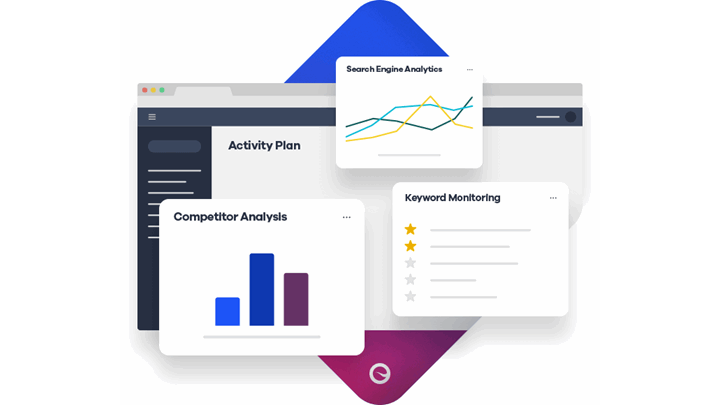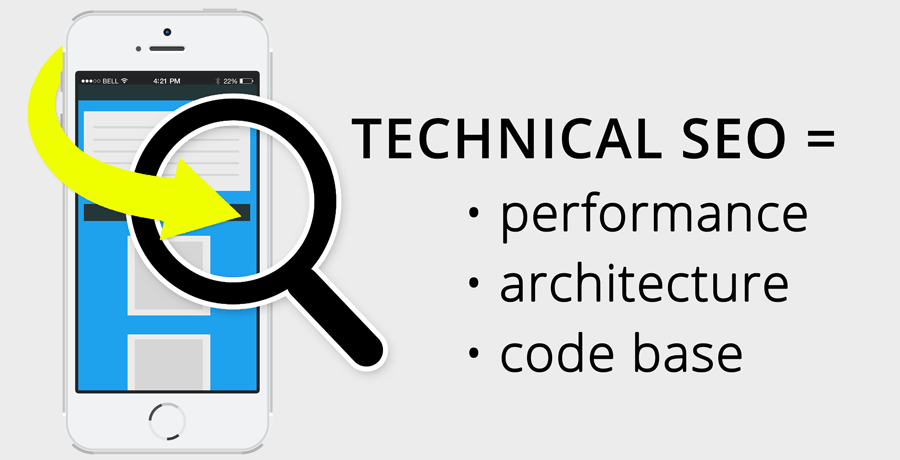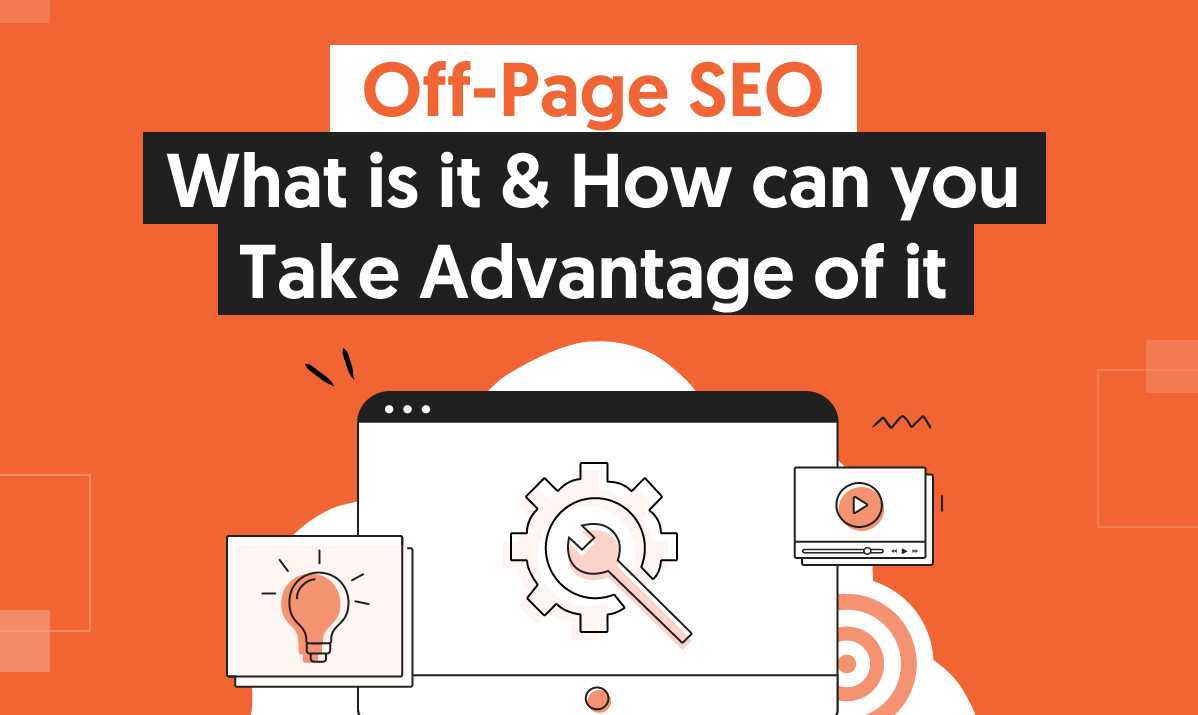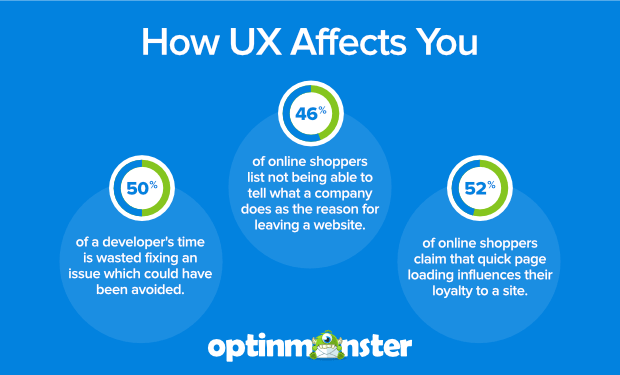Best Ways to do an SEO audit for an Ecommerce Website
Nowadays people are mostly attached to technology. This is because technology has helped individuals connect among themselves, and with brands, products, and services. A secure connection imbues trust and if your website is not secure, the first thing you have to do is get the security that can give assurance to customers.
Besides it, whenever we search for certain products, we start with a google search or search on any other search engine. A good SEO ensures your website gets to the top of the list; this will in turn display your virtual store to the whole world. That is why eCommerce websites are competing with each other to get to the top and make sales.

Here we will be discussing some of the best ways to do an SEO audit for Ecommerce websites. Make sure to follow through and get things done, if you want to take your business from local, to national and then international.
Steps to Take On an eCommerce Website Audit
In this article, we will list some of the necessary things for you to keep in mind when you are doing an SEO audit for your eCommerce website.
Technical SEO
An eCommerce website will have tons more pages than a regular website. You have to work on standardizing from the start so you do not run into technical issues for most of these pages.
It is fine to be lazy if you only have a few pages, but every business aims for growth, so just do not be lazy.

Site speed is also one of the main factors that help rank as well as reduce bounce rates. How many times have you waited around for a website to load that you do not have much trust on? Despite it being a good-looking and informative website.
As I said before, your eCommerce site will have many pages, so make sure to implement Robots.txt to stop indexing or crawling relevant pages. In addition, add an XML sitemap to make it easy for google bots to crawl your website and find pages.
On-Page SEO
Keywords are your website’s primary salesperson; users are always searching for something. Most of the time you can find that certain terms are used in their search query. On-page SEO helps us assign these keywords on product pages for them to rank.
Analyze your title and Meta descriptions to match with your selected keywords; this will help users evaluate your page without actually clicking. This also helps google bots index your web pages.

Insert keywords into your page content and use internal links that can help the user as well as crawlers to travel from one relevant page to the other. Product descriptions should also be optimized based on your keywords.
Off-Page SEO
Off-page means any SEO-related tasks that are performed outside the actual sites. We leave behind links on external websites pointing to our actual website.
Most of the time these backlinks are removed by the host website, hammering authority. However sometimes due to changes in your website URL, the backlinks can get broken.

Check your backlinks from time to time and make sure they are healthy, pingback to the host website to show trust and get high authority backlinks.
Most of the host websites always check for your website security, if your website is not secured under HTTPS, you can try to get an SSL certificate today. You can start with a low-budget SSL certificate like a low-cost or cheap wildcard SSL certificate, single domain, multi-domain SSL, etc. today and start building backlinks.
Generate Catchy Content
Therefore, you have done your technical, on-page, and off-page SEO to get to the top. However, do you find that customers are not adding anything to their cart?
Well, it might be due to poor content that is being displayed on your website.
Let us understand from the customer’s point of view. Say you are looking for “running shoes”.
One site offers you the size (US/UK), explains to you how to find your feet size, and puts elaborate product descriptions coupled with believable reviews. While the other ones only provide you with sketchy product images, brief descriptions, and shady reviews, which one would you, go for?
Most probably the first one, right?
Make sure to put some time into it to get good and catchy content. Or just hire a good content writer to create enticing product pages.
User Experience
Usability is a ranking factor when it comes to Google. A good website must have seamless and unbroken designs on both mobile and desktop devices.
Let us get real about it, even from a consumer point of view. What we mostly do is search for products on mobiles. Nobody today bothers to find a desktop or laptop to purchase things anymore. The faster the better, the smoother the better.

Talking about speed, we did mention it before, but this is a huge factor. When it comes to ranking on google and retaining the visitors we get. It also looks sketchy if you do not have an SSL certificate, the lock icon in the address bar. If you find it costly, you can get an SSL certificate.
Secure Your Website
Security is something both the users and google crawlers use to find trustworthy websites. What happens if you optimized your website from the ground up but forgot to get an SSL certificate? Neither Google nor any user would stay on your page long enough.
Wrapping Up
Let us be honest about it, you are asking your customers to give up. Their bank details or your physical address. They are not going to trust you unless. You show a locked badge just before the address bar or the HTTPS format on the URL.
If you cannot afford one from your hosting provider then you find a discounted or cheap wildcard SSL. Low-priced single domain SSL online and secure your website today.


